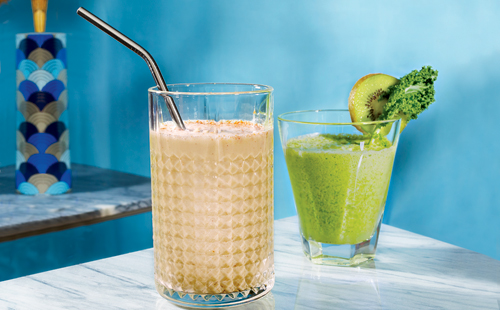
Any skier in the process of constant exhausting training experiences great physical and emotional stress. That is why the right style of nutrition is a powerful tool that helps athletes to unlock their reserves, be more powerful, and stronger, as well as solve many problems like sleep, recovery, etc. Many influencers spend huge amounts of time, invest in advertising, buy real YouTube subscribers and share the philosophy of right nutrition. In such a way they become an accessible source of up-to-date information. Many people during their professional careers turn to nutritionists to develop the right nutritional habits. In any case, a complete and balanced diet is an area of personal responsibility that should not be neglected. In this article, we will consider how to eat a skier in terms of maximum health and fitness benefits.
Basic concepts of nutrition for skiers
The lion’s share of the calories that a professional skier receives is carbohydrates: bread, pasta, desserts. If it is necessary to remove something from your diet, you need to replace the same calories with other quality food: whole grains, starchy vegetables, a lot of fats. At the same time, you have to work on the absorption of these nutrients and monitor your weight dynamics.
Most injuries occur as a result of fatigue, and fatigue is a consequence of both exercise and nutrition. Complex carbohydrates provide energy for the first period, but to make the body able to endure a long distance, it is important to combine complex carbohydrates with fats.
Very often athletes face various deficits. For example, if you lack protein, you do not have sufficient resources for the restoration and growth of muscle tissue. As a consequence, there will be a lack of iron and you will not have a full exchange of oxygen. For a professional athlete, it is very important to have full respiration with a sufficient supply of oxygen, this will depend on his amount of strength for a certain period. So, it is worth monitoring the deficiencies and balancing your body with proteins, amino acids, vitamins, and minerals. Your muscle and ligaments will become more flexible and strong.
To speed up the results, many skiers pay close attention to sports supplements. In the digital space, many opinion leaders constantly expand their zone of influence, buy YouTube subscribers, advertisements, and convey the importance of sports nutrition to a large number of people. While artificial methods of supporting the athlete’s body are important, they will never replace healthy food.
A large number of professional skiers maintain high results thanks to their technique or their volitional qualities while feeling chronic fatigue and lack of recovery. It is important to constantly monitor the condition of your body so that you can remain a healthy person even at the end of your career.
How to prepare and eat during a ski marathon?
The marathon is one of the most difficult, exhausting, and energy-intensive distances in the ski races. It is impossible to run it without special and systematic preparation, long and persistent training as well as proper nutrition before and during the race. The process of preparation for a marathon should be thorough and painstaking.
A popular type of diet for skiers is that about a month and a half before a competition, the athlete goes on a low-carbohydrate diet and starts eating protein foods: boiled meat, different cheeses, cottage cheese, nuts, fish, eggs. When you limit carbohydrates, you empty the reservoirs where they are stored. After two weeks, it is important to drastically change your diet: reduce your protein intake to the very minimum and start consuming carbohydrate-rich foods in an increased mode: sugar, honey, cakes. In this way, you fill many fresh carbohydrates into the reservoirs released during the previous two weeks.
During the race, these carbohydrates enter your bloodstream and give you energy. Many skiers and racers who have experienced this method for themselves share only positive feedback.
It is very important to take drinks for the marathon. The main drink used during the race is isotonic. A slight concentration of isotonic should be diluted since the body requires water during a marathon. It is better to try the taste and effects of isotonic in advance in training so that during the marathon you can be sure of your nutrition. Cranberry juice well invigorates and replenishes the loss of vitamins in the body.
Sometimes at a distance, there is a feeling of hunger. To prevent such cases, take bananas with you. It is recommended to eat 1-2 pieces before the start. Drink strong coffee every 10-15 km. Caffeine speeds up the metabolism, increases the body’s vigor, stimulates the nervous system, and improves overall well-being. It will invigorate you and give you strength and energy for the rest of the distance.
To sum up, nutrition is the key to a strong immune system and good health. A competent approach to nutrition will allow you to get the most out of each of your workouts. At the same time, it will ensure effective protection of muscle tissues, joints, and ligaments from overwork and possible injuries.



